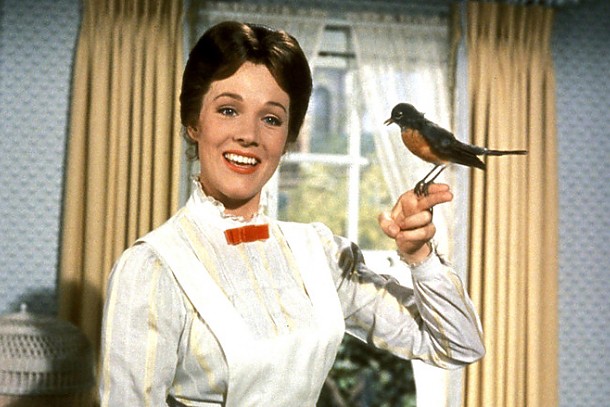Twitter Is Officially Work Now

So here’s something worth knowing about my Moorhead, Minn. Dairy Queen post: before I published it, I googled a handful of “chain” puns to make sure they hadn’t already been used.
My original headline was “Moorhead, Minn. Dairy Queen Breaks From Chain,” which I think is a little tighter than the one I ended up picking (“Moorhead, Minn. Dairy Queen Is Not Bound by Dairy Queen’s Chain”), but it felt too similar to Serious Eats’ headline “The Chain Breaker: A Dairy Queen Like No Other.” And when I decided to quote Serious Eats in the piece, well… I’d been quipped, and now I was chained to finding a new pun.
I came up with “breaks from chain” independently of reading “chain breaker,” which is to say that I had a pretty obvious idea, and it makes sense that another writer had that same obvious idea. This sort of thing happens all the time, and it’s hilarious to see it happen on places like Twitter, where I’ll sometimes see three people post a near-identical joke in response to some piece of news.
Andy Baio (of Kickstarter, XOXO, and a bunch of other stuff) wrote about this phenomenon in Medium last year, when he tweeted a joke about cricket comedians (they play to an audience of crickets) and then decided to search Twitter’s archives to see if anyone had made the quip before:
My joke, the one I’d invented moments before, has been posted once or twice every month in different variations by dozens of people for the last three years.
There are also Twitter accounts dedicated to stealing the best jokes and reposting them as their own. As Time explains, “It’s often a bot that copies the witticism and tweets it to its followers without attribution.” This does not seem like enough of an explanation to me, because I want to know how bots steal jokes, and how bots distinguish joke tweets from, say, this:
Paper Towns is the same story as Gone Girl. Right?
Because that’s a mildly funny tweet, but it’s not a joke, and it’s also not a particularly original idea (search Twitter for “paper towns gone girl” and you learn that a lot of other people have made the connection).
But put it all together — tweeting, trying to come up with original work, and content-stealing bots — and you get a news story that, over the weekend, spread as fast as a retweeted quip. Let’s quote Mashable first:
In a freewheeling universe home to millions of spambots, fake celebrities and trolls, it’s no surprise that many Twitter accounts habitually crib popular 140-character quips to rack up followers. But Twitter now seems to be using copyright rules to police this comedic fraud.
The social network is erasing and hiding a number of tweets reported as stolen and referring to the original poster as the “copyright holder,” as first spotted by the account @plagiarismbad.
This is notable for a few interesting reasons, but it’s primarily interesting to me because it clearly defines Twitter as “work.” As The Verge reports, a comedian or writer might submit a DMCA request on a tweet because tweeting original material counts as part of their livelihood, even if they aren’t directly getting paid for their Twitter activity. Tweeting, building a brand, attracting followers, using @-replies to strengthen relationships with other people in the industry — this is all work now. (Craig Lambert would appropriately call it shadow work.)
And then there are the people who are directly getting paid for their Twitter activity, and who might be earning money off other people’s tweets and ideas. As Playboy explained, social media accounts like The Fat Jewish’s Instagram stream regularly steal other social media users’ jokes and images and reap the likes and reblogs:
That’s someone else’s joke on a picture with their name cropped off and the man who profits off the picture gets 190k likes.
[…]
Before you so confidently say, “Omg it’s a stupid joke. Who cares?” Consider that, he’s now getting paid $2,500 for product placements in his social media posts. Accounts that he’s built primarily on the content of others.
I am fascinated by the idea that people are publicly saying “look, Twitter is part of the work I do and it is a necessary part of my professional life,” and that Twitter in turn is recognizing tweets as a copyrightable body of work. It’s something that I’ve been saying for years — which is just one more example of a lot of people independently coming up with the same obvious idea.
Do you consider Twitter to be part of your work? I definitely consider it an unpaid part of my workday that helps me make the connections I need to do my job. And would you ever put out a DMCA notice on a tweet, if you saw someone had stolen something you had written and was passing it off as their own?
Support The Billfold
The Billfold continues to exist thanks to support from our readers. Help us continue to do our work by making a monthly pledge on Patreon or a one-time-only contribution through PayPal.
Comments